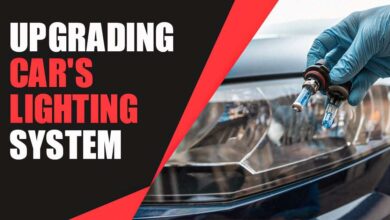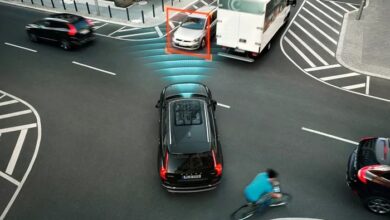Electric Vehicles and a Sustainable Transportation Future
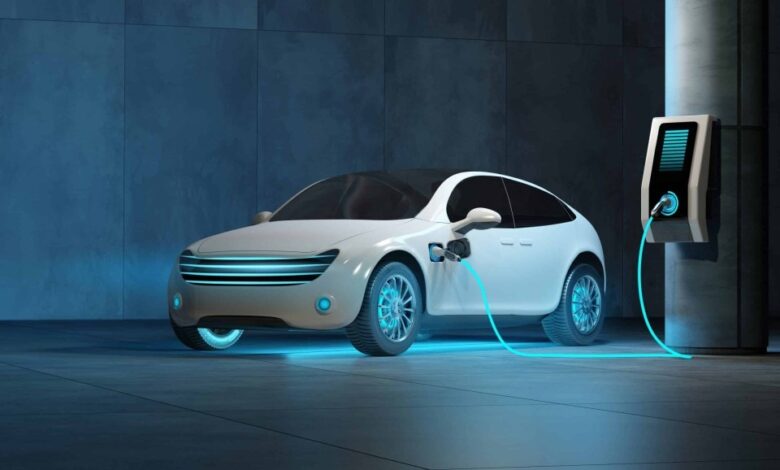
In the rapidly evolving landscape of transportation, the emergence of electric vehicles (EVs) stands as a pivotal force driving change towards a more sustainable future. The shift towards electric mobility represents a transformative leap in our approach to transportation, addressing pressing issues such as environmental impact, dependence on finite fossil fuels, and the need for cleaner, more efficient modes of travel. This article delves into the realm of Electric Vehicles and their role in shaping a sustainable transportation future.
From the technological advancements driving EV innovation to the environmental benefits that accompany their widespread adoption, we explore the multifaceted dimensions of this paradigm shift and its potential to redefine the way we move, setting the stage for a more ecologically responsible and energy-efficient world. Join us on this journey as we navigate the electrifying prospects of Electric Vehicles and their profound impact on the trajectory of sustainable transportation.
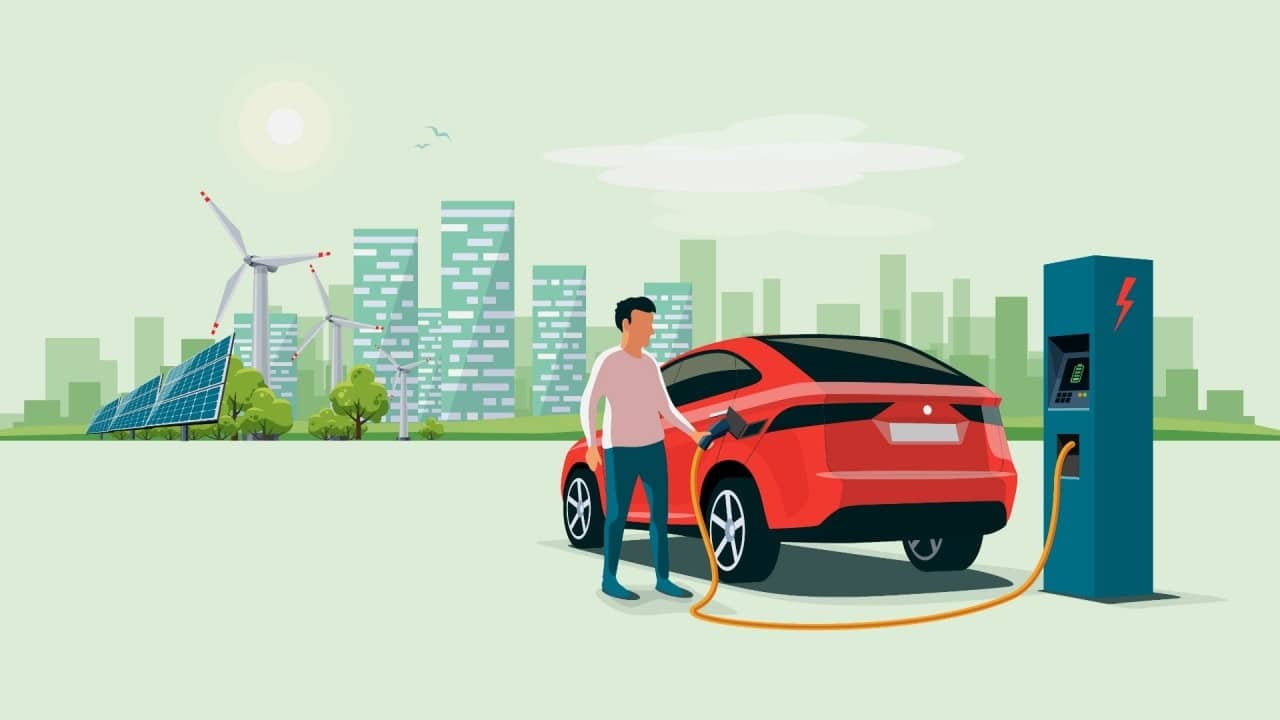
Contents
Understanding Electric Vehicles
Electric vehicles, also known as EVs, are automobiles that are powered by electric motors instead of internal combustion engines (ICEs) that run on fossil fuels. EVs rely on rechargeable batteries or fuel cells to store and generate electricity, making them more eco-friendly and efficient compared to traditional vehicles. They come in various forms, including battery electric vehicles (BEVs), plug-in hybrid electric vehicles (PHEVs), and hydrogen fuel cell electric vehicles (FCEVs).
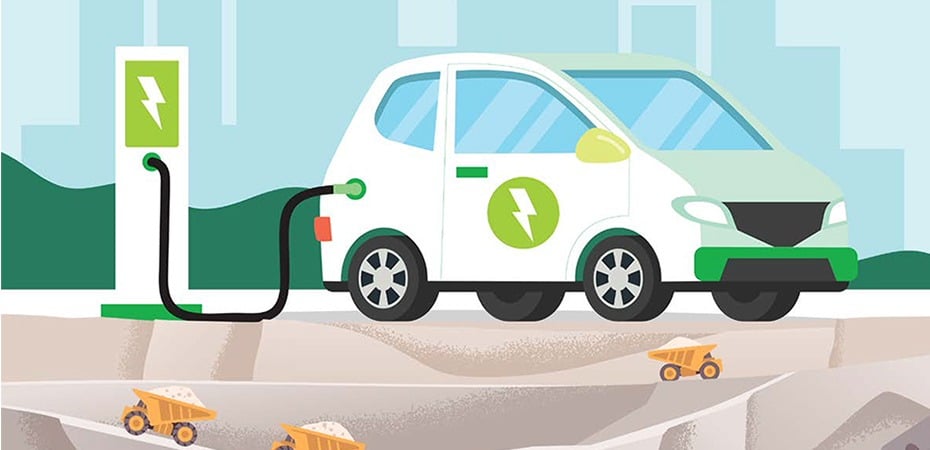
Environmental Benefits of Electric Vehicles
Reduced Greenhouse Gas Emissions
One of the primary advantages of electric vehicles is their lower greenhouse gas emissions. Unlike gasoline-powered cars, which emit carbon dioxide and other pollutants during operation, EVs produce zero tailpipe emissions. The shift from fossil fuel-based transportation to electric mobility significantly contributes to reducing air pollution and mitigating climate change.

Energy Efficiency
Electric vehicles are more energy-efficient compared to their conventional counterparts. While internal combustion engines are only about 20-25% efficient in converting fuel energy into mechanical energy, electric motors boast an efficiency rate of 80-90%. This higher efficiency reduces wastage and leads to a more sustainable use of energy resources.
Renewable Energy Integration
The rise of electric vehicles also offers opportunities for the integration of renewable energy sources into transportation systems. By charging EVs with electricity generated from renewable sources like solar or wind power, the environmental benefits can be further amplified. This synergy between renewable energy and electric mobility paves the way for a cleaner and more sustainable transportation future.
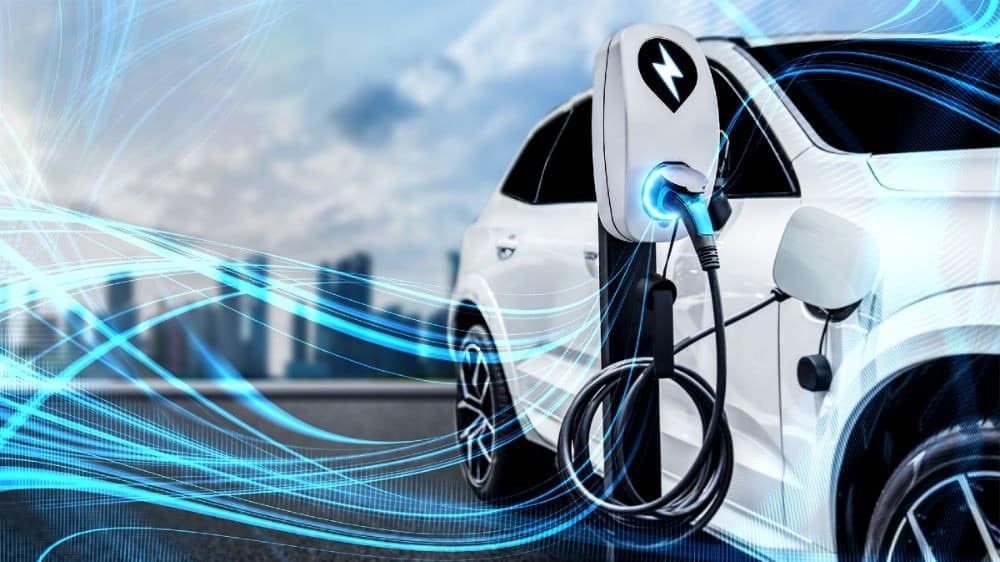
See more: Review of Toyota ProAce 2023: A Closer Look at Toyota’s Versatile Van
Economic Advantages of Electric Vehicles
Lower Operating Costs
Electric vehicles offer significant long-term savings due to their lower operating costs. Compared to gasoline-powered cars, EVs have fewer moving parts, resulting in reduced maintenance requirements and fewer breakdowns. Additionally, electricity prices are generally more stable than fluctuating fuel prices, resulting in predictable and potentially lower costs for EV owners.

Government Incentives
Many governments around the world offer financial incentives to promote the adoption of electric vehicles. These incentives can take the form of tax credits, rebates, or reduced registration fees. By taking advantage of these incentives, consumers can make electric vehicles more affordable and accessible, accelerating the transition towards a sustainable transportation future.
Job Creation
The shift towards electric mobility also presents opportunities for job creation. As the demand for electric vehicles increases, so does the need for skilled workers in manufacturing, research and development, infrastructure development, and maintenance. The growth of the electric vehicle industry can stimulate economic activity and create employment in various sectors.
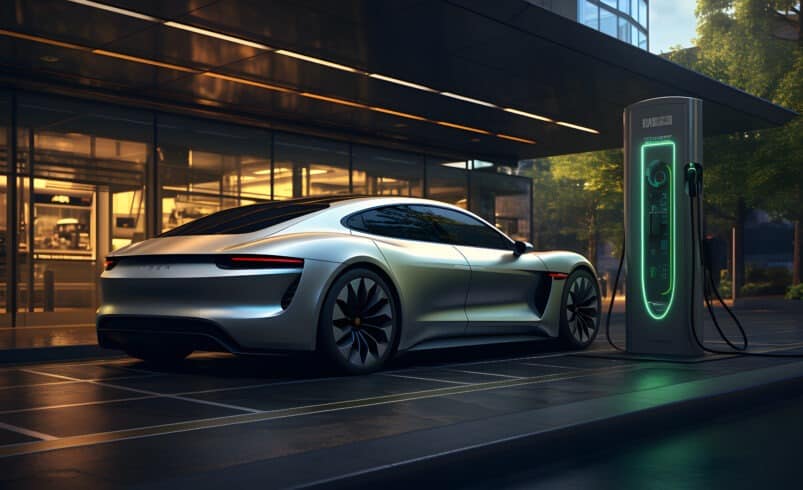
Infrastructure Challenges
Despite the numerous benefits of electric vehicles, several challenges hinder their widespread adoption.
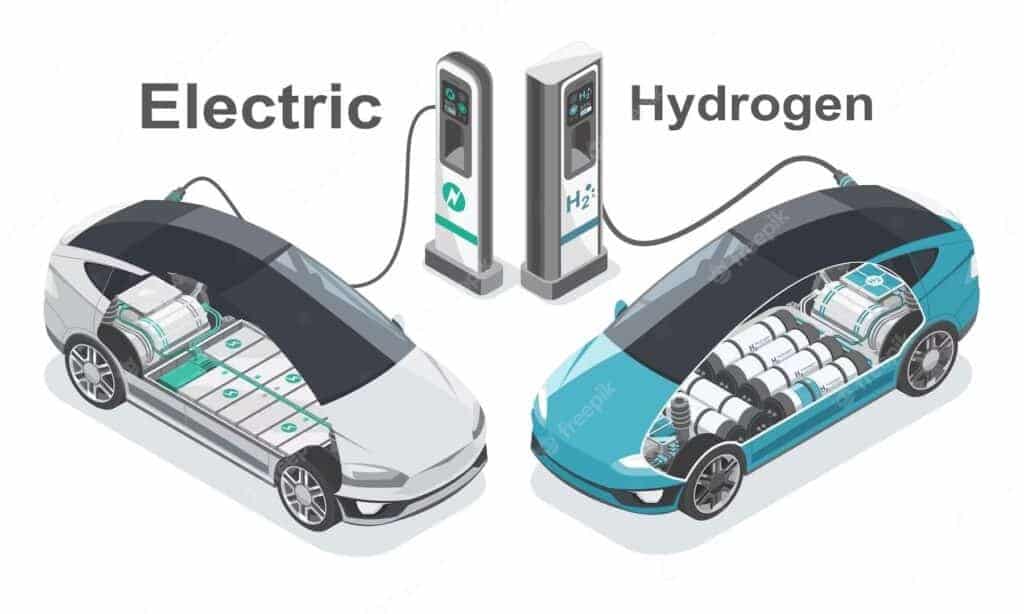
Charging Infrastructure
One of the primary concerns for potential EV owners is the availability and accessibility of charging infrastructure. Establishing a network of charging stations is crucial to support long-distance travel and alleviate range anxiety. Governments and private organizations must collaborate to invest in charging infrastructure development to encourage EV adoption.
Battery Technology and Range
The range limitations of electric vehicles remain a challenge for some consumers. Although EV battery technology has significantly improved over the years, it is essential to continue investing in research and development to enhance battery efficiency and increase driving ranges. Breakthroughs in battery technology will further solidify electric vehicles as a viable alternative to traditional cars.
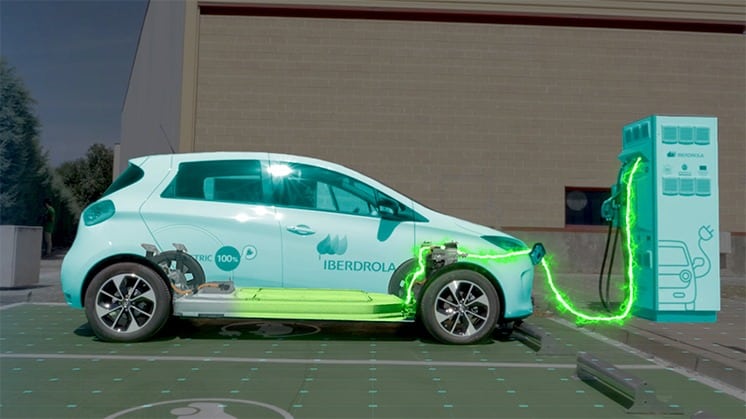
Environmental Impact of Battery Production
While electric vehicles produce zero emissions during operation, the environmental impact of battery production cannot be ignored. The extraction of raw materials for batteries and the manufacturing processes contribute to carbon emissions and other environmental concerns. However, advancements in sustainable manufacturing practices and the recycling of batteries can mitigate these issues.
Review of Toyota Fortuner 2023: The SUV You’ve Been Waiting For
Overcoming Barriers to Mass Adoption
To accelerate the mass adoption of electric vehicles and pave the way for a sustainable transportation future, several strategies can be implemented.
Expanding Charging Infrastructure
Governments and private organizations must invest in expanding public charging infrastructure to address range anxiety and facilitate long-distance travel. This includes installing charging stations at strategic locations such as shopping centers, workplaces, and highway rest areas.

Incentives and Subsidies
Continued government incentives and subsidies play a crucial role in making electric vehicles more affordable for consumers. These incentives can include tax credits, purchase rebates, or reduced registration fees, incentivizing individuals to choose electric vehicles over traditional cars.
Collaboration between Stakeholders
Collaboration between automakers, governments, utilities, and other stakeholders is essential for overcoming barriers to mass adoption. By working together, these entities can develop standardized charging protocols, share best practices, and address common concerns such as charging infrastructure interoperability.
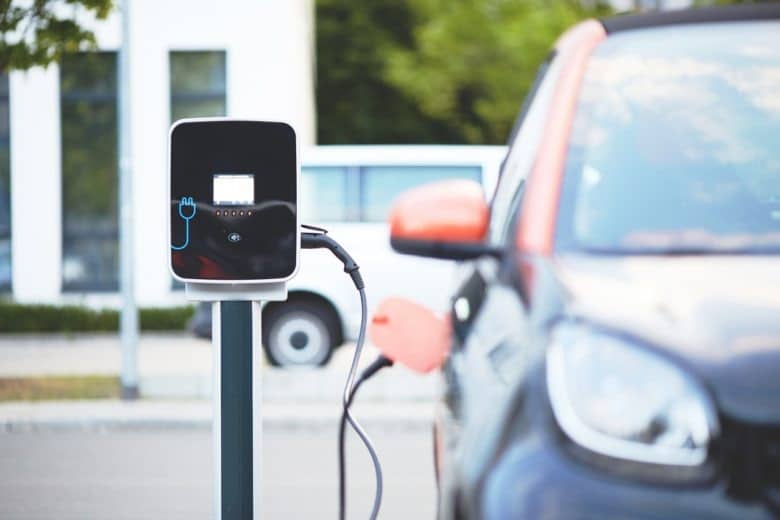
Research and Development
Ongoing research and development efforts are vital for improving battery technology, reducing costs, increasing driving ranges, and enhancing overall performance. Governments and private organizations should continue investing in R&D to drive innovation in the electric vehicle industry.
Education and Awareness
Educating consumers about the benefits of electric vehicles and dispelling myths surrounding them is crucial for mass adoption. Raising awareness about the environmental advantages, cost savings, and government incentives can encourage individuals to consider electric vehicles as a viable option when purchasing a new car.
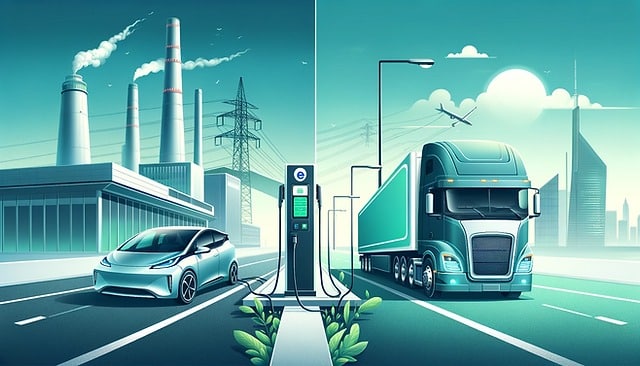
Electric Vehicles and the Road to a Sustainable Transportation Future
Electric vehicles hold immense potential in shaping a sustainable transportation future. With their environmental benefits, economic advantages, and ongoing technological advancements, EVs offer a greener alternative to traditional vehicles powered by fossil fuels. While challenges such as charging infrastructure and battery production remain, collaborative efforts between stakeholders can overcome these barriers. Through expanding charging infrastructure, providing incentives, promoting research and development, and raising awareness, we can accelerate the transition towards an electric vehicle-dominated transportation landscape—a future that is cleaner, greener, and more sustainable for generations to come.
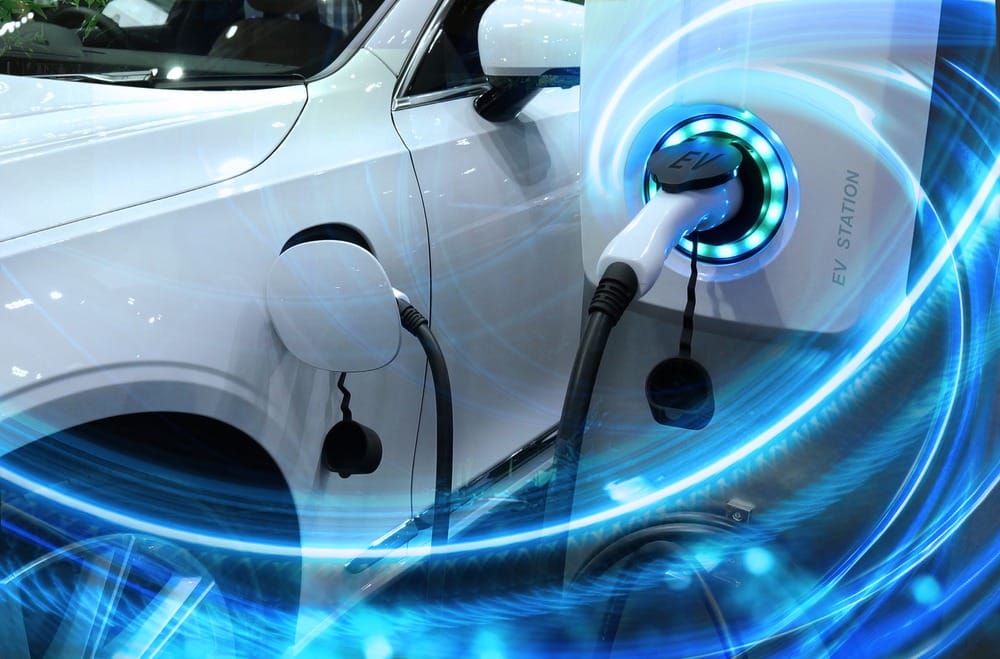
See more at: TopCarr


